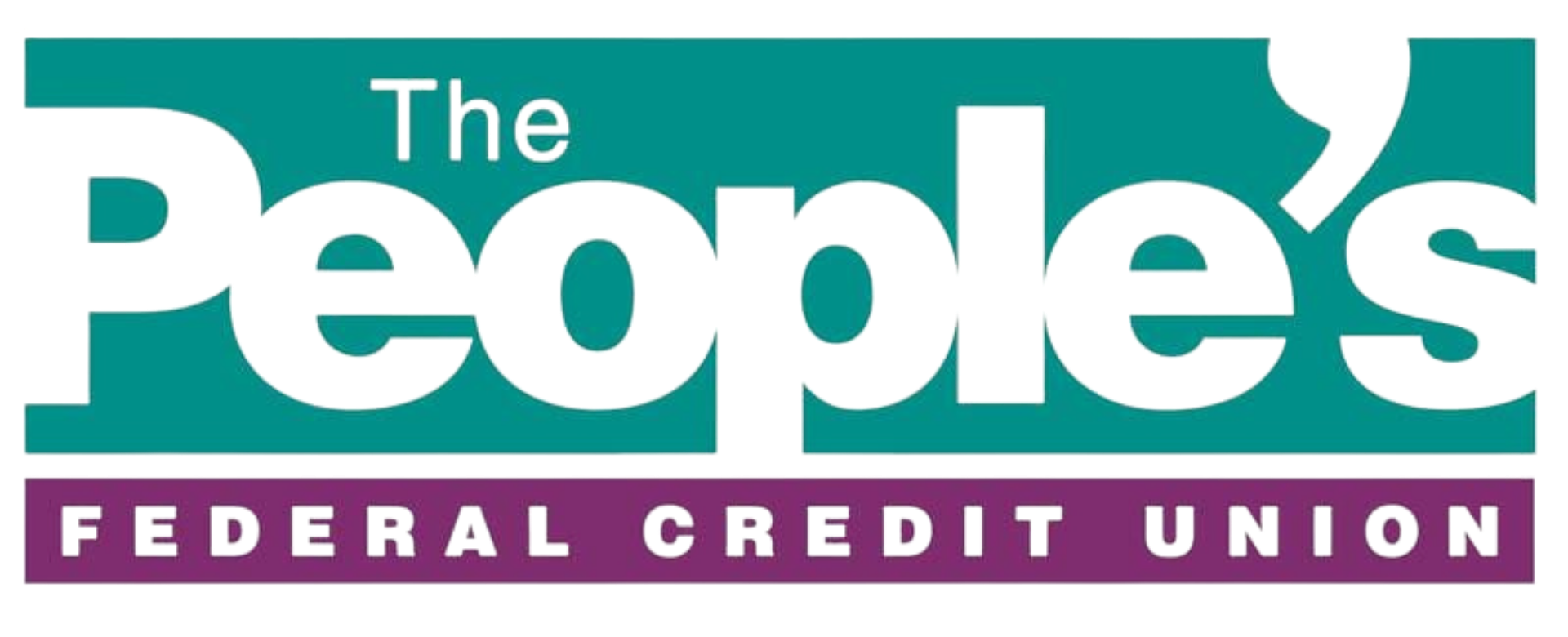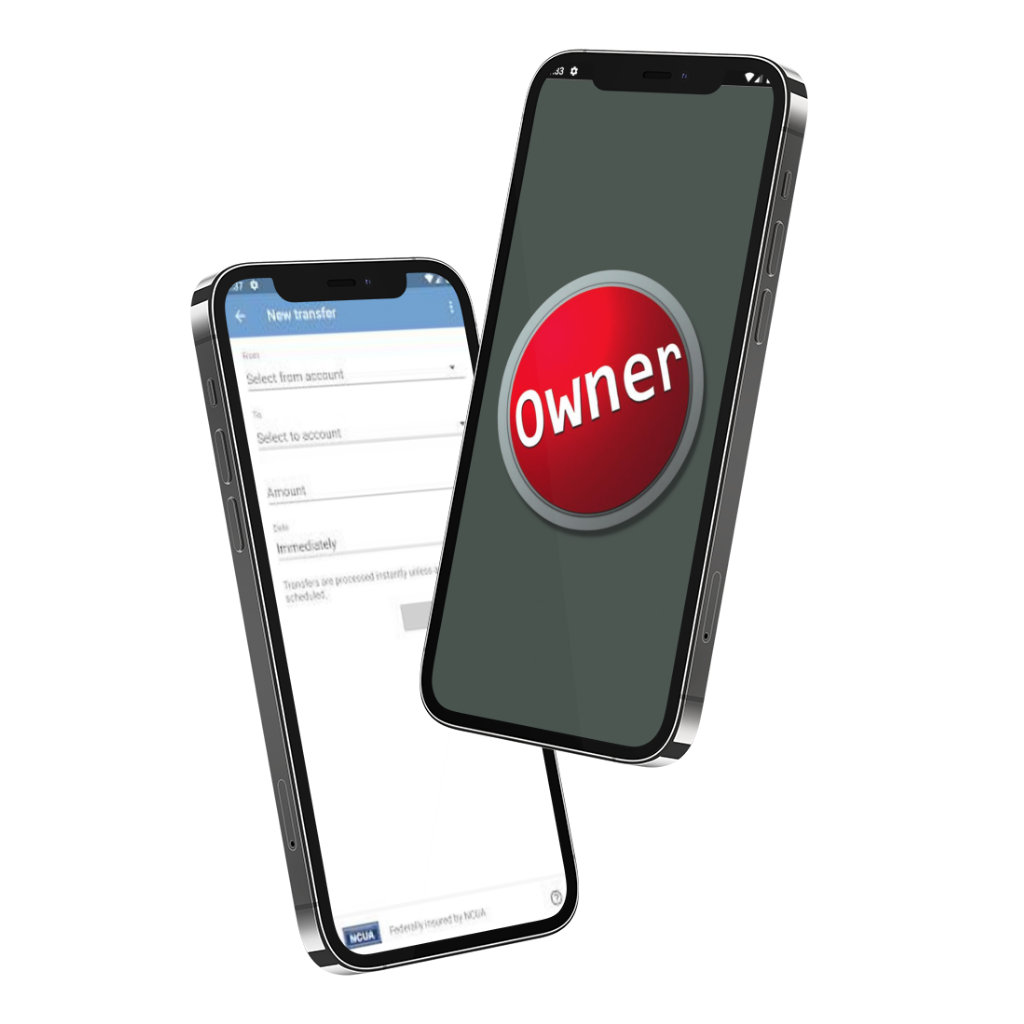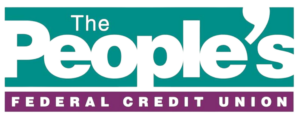Taking control of your finances and eliminating debt requires understanding your spending habits and making strategic changes. With the right approach, you can achieve financial stability and a secure future.
Our guide will help you by focusing on three key areas: analyzing your money habits, developing good money management practices, and effectively reducing your debt.
Part 1: Analyzing Your Money Habits
Understanding your current money habits is the first step toward making positive changes toward financial freedom. In this section, we’ll help you get a clear picture of your spending and saving patterns.
Create a Budget
To begin analyzing your money habits and reduce your debt load from credit cards or personal loans, you need to create a budget. By creating a budget, you can clearly see:
- How much money you have coming in
- How much you need for bills
- How much you can allocate toward debt repayment
- How much you can save each month
With a budget, you can more easily identify bad spending habits. When you see the amount of money that you’re spending eating out, you may be willing to cook at home more often.
Having a big picture of your financial standing makes it much easier to see the light at the end of the debt tunnel.
Monitor and Adjust Spending Habits
It’s important to regularly review your spending to avoid the common pitfall of spending more than you make. This will help you maintain financial stability and prevent unnecessary debt.
- Review Monthly Statements: Regularly check your bank and credit card statements to track where your money is going.
- Categorize Expenses: Divide your expenses into categories like necessities, discretionary spending, and savings.
- Identify Patterns: Look for patterns in your spending that could be contributing to financial strain.
Part 2: Implementing Good Money Management Habits
Developing better money habits is crucial for long-term financial health. In this section, we’ll provide tips on establishing and maintaining beneficial financial practices.
Don’t Keep High Credit Card Balances
One of the biggest and most common culprits that cost many people extra money is carrying credit card balances. More often than not, credit cards have double-digit interest rates, which means that a good percentage of your payment is going toward interest. This can cost you hundreds, sometimes thousands, of dollars in a year.
It’s also important to get into the habit of charging only what you can afford to pay off each month. Paying off your balance each month is one of the many good money habits that will improve your financial standing.
Shop Around
We live in a world of impulse buying. When we see something that we want, we often buy it on the spot. The same goes for monthly services. We typically choose the company that we’re familiar with—but, without researching and comparing prices, you could be missing out on serious savings. You can save hundreds of dollars a year by looking for savings on:
- Internet and cable service
- Insurance coverage
- Phone service
One of the best ways to save on monthly services is to bundle them. Most providers that offer phone, cable, and internet will offer a lower price if you sign up for a package deal that includes all of those services.
Build an Emergency Fund
An emergency fund is crucial for financial stability and can prevent you from accumulating more debt in the future. Here’s how to start:
- Set a Savings Goal: Aim to save three to six months’ worth of living expenses.
- Automate Savings: Set up automatic transfers to your savings account to ensure consistency.
- Use Windfalls Wisely: Direct any unexpected income, such as tax refunds or bonuses, to your emergency fund.
Save for Retirement
When you’re young, retirement seems so far away. Many of today’s younger generations don’t put much toward their retirement, but this is a financial decision that can have a serious impact on your future financial health.
Instead of waiting until retirement is knocking at your door, start saving as soon as possible. Learn about 401(k)s and individual retirement accounts (IRAs). Choose an employer that offers a solid retirement savings program with matching and other perks.
Also, get motivated for retirement! Even if you’re young, picture the things you can do with all the money you’ve saved over the years. The more real retirement becomes, the more likely you are to put money aside toward your future.
Part 3: Using Your Money Habits to Reduce Debt

Once you’ve analyzed your excessive spending habits and established good financial practices, it’s time to focus on tips for paying off debt. In this section, we’ll outline practical steps to help you become free of debt.
Pay More Than the Minimum
In order to escape debt, you’ll need to pay much more than the minimum balance due on a credit card. Whatever extra money you have, put it toward paying down the balance. This way, less of your money is wasted on interest fees.
Focus on One Debt at a Time
When tackling multiple debts, it’s crucial to pay at least the minimum payment on all your debts to avoid penalties and additional interest. Then, focus any extra funds on paying down one debt at a time. Consider the following strategies:
- Avalanche Method: Pay off the debt with the highest interest rate first. This approach saves more on interest over time.
- Snowball Method: Pay off the smallest balance first. This method can provide quicker psychological wins by eliminating smaller debts first.
Both methods have their advantages and can be effective in helping you manage and reduce your debt load. Choose the one that best fits your financial situation and personal preferences.
Utilize Financial Tools and Resources
Take advantage of financial tools and services to aid in your journey to becoming debt-free:
- Financial Counseling: Seek advice from financial advisors or credit unions.
- Budgeting Apps: Use apps to track your spending and savings goals.
- Credit Union Services: Consider credit unions for favorable savings accounts, certificates of deposit (CDs), and checking accounts with no minimum balances or service charges.
Let TPFCU Help You Meet Your Financial Goals
There are many different ways you can escape debt. While you’ll want to improve your money habits, you’ll also want to look at the many available financial tools that can help. At TPFCU, we offer a variety of financial services that will help you save and earn money.
No matter if you want to learn more about our services or to discuss how to escape credit card debt, our team is here to help. Call us at (806) 359-8571 to get started on the right path toward living debt-free.








